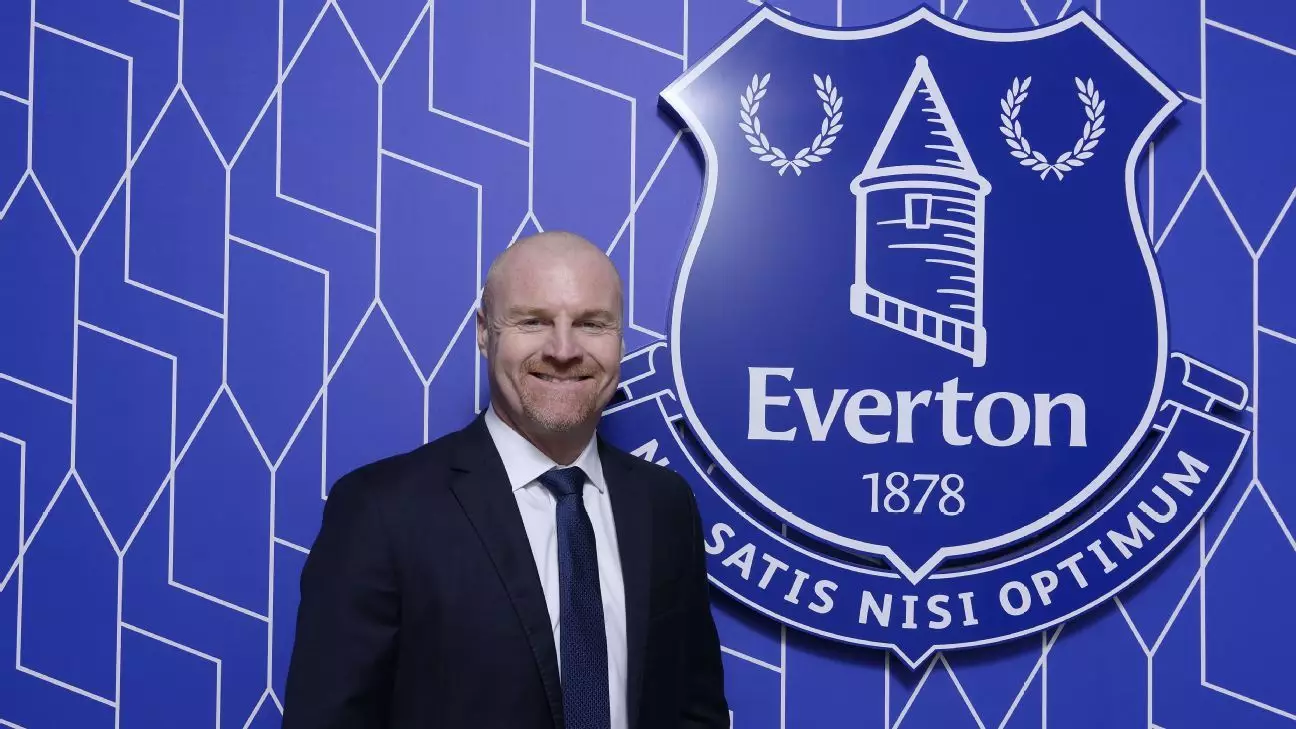The recent takeover of Everton Football Club by the Friedkin Group marks a significant turning point for the historic institution. This shift comes after years of turbulent management under Farhad Moshiri, who first acquired a stake in the club in 2016. Moshiri’s tenure, characterized by financial struggles and a precarious relegation battle, placed immense pressure on the team, culminating in a dramatic survival scenario last season. With the Friedkin Group at the helm, there is cautious optimism about the club’s direction, especially as they prepare to move to a new riverfront stadium next season.
Sean Dyche, Everton’s manager, has publicly expressed confidence in the new ownership, stating he has received “nothing but support” from the Friedkin Group. This backing is crucial as the club seeks to stabilize and improve its fortunes. Dyche’s discussions with incoming executive chairman Marc Watts demonstrate a collaborative approach focused on understanding the club’s culture and operational landscape. Such dialogues are vital for creating a cohesive strategy that respects the club’s heritage while fostering a winning mentality.
The Role of Financial Stability
Financial stability has become a recurring theme in Dyche’s conversations with the Friedkin Group. The previous administration’s tumultuous management led to substantial financial distress and waning supporter confidence. Dyche has indicated that the incoming management is acutely aware of the need to correct these past issues. This transformation requires not only strong financial oversight but also strategic investments in player development and infrastructure.
In discussing the importance of financial health, Dyche emphasizes the need for a balance between immediate performance outcomes and the long-term growth of the club. Winning games is essential, but it must be coupled with a clear vision for sustainable success. This long-term approach will be vital as the club transitions to its new stadium, which will become a focal point for fan engagement and revenue generation.
Looking Ahead: Results and Results-Driven Culture
As Dyche navigates this new chapter, the pressure to deliver results remains at the forefront. He has acknowledged that “winning games always stands you in good stead.” For a club that narrowly avoided relegation, setting clear performance targets will be critical. Dyche’s commitment to a results-driven culture resonates well within the football community, where immediate outcomes often dictate managerial longevity.
While the Friedkin Group brings a fresh perspective and financial resources, it will be Dyche’s responsibility to transform the squad into a competitive side. The manager’s inclination towards creating a stable environment for both players and staff reflects the need for unity during this transitional phase. Such harmony can lead to improved performance on the pitch, which not only enhances the club’s standing in the league but also restores faith among its loyal fanbase.
The arrival of the Friedkin Group heralds a potentially transformative era for Everton FC. Under Sean Dyche’s leadership, the combination of community understanding, financial prudence, and a results-oriented mindset may pave the way for a rejuvenated squad capable of competing at a higher level. While challenges remain, particularly in terms of squad depth and performance consistency, the future appears brighter than it has in recent years, promising an exciting journey as the club strives for stability and success in the coming seasons.

Leave a Reply